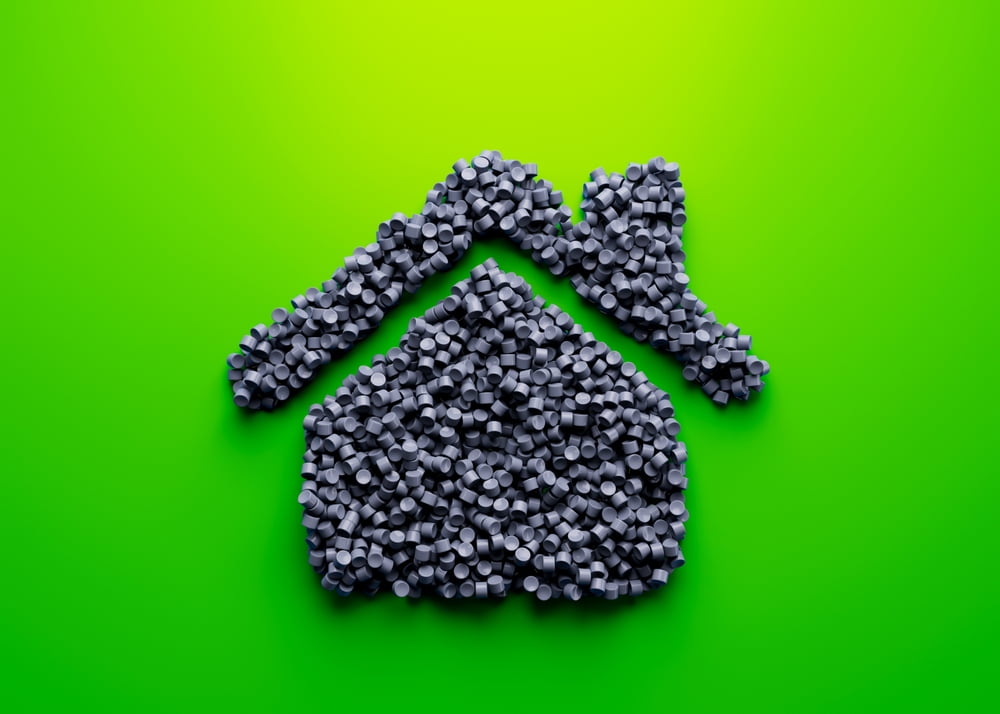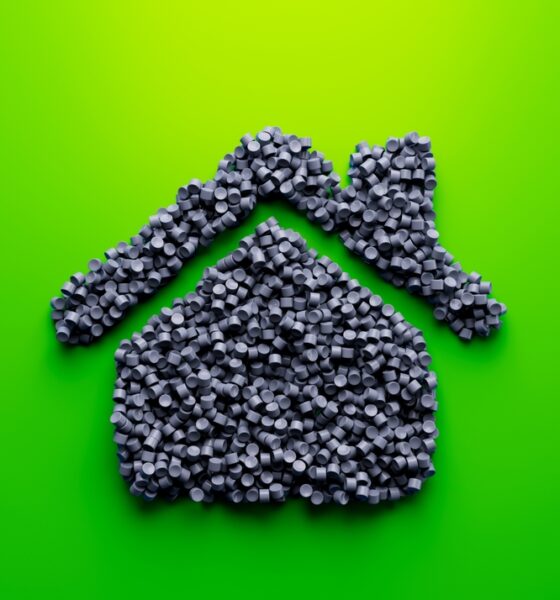

Environment
Polyvinyl Alcohol (PVA): An Eco-Friendly Polymer For Sustainable Applications
Every day, you come in contact with items made from polymers, be it packaging or the very fabric of your clothing. Many of these polymers are derived primarily from petrochemicals and pose significant environmental threats like persistent waste and oceanic pollution.
Yet, imagine a more harmonious world where the plastics you use are in sync with the environment. This is where PVA comes into the spotlight.
Unlike their counterparts, PVA is a product of vinyl acetate monomers, which are then hydrolyzed to create the polymer. This unique design allows PVA to be water-soluble and biodegradable, giving it an undeniable edge in environmental sustainability.
But how does this technical marvel translate into everyday applications?
Witnessing PVA In Action: A Spectrum of Sustainable Applications
Curious about how PVA touches various facets of your daily life? Dive into these real-world instances.
- Eco-Packaging
PVA is revolutionizing the way businesses think about packaging. For example: Think of shopping bags that vanish upon contact with water, or the protective, edible film around your breakfast cereals.
- Textile Marvel
PVA’s unique properties have found their way into the textile industry, enhancing the quality and durability of fabrics. That shirt in your closet that consistently maintains its form and vibrancy? PVA might be the secret ingredient as a sizing agent.
- Medical Milestones
The healthcare sector has recognized PVA’s potential, employing it in diverse applications. Beyond just being an element in your comfortable contact lenses, PVA is also pivotal in drug delivery systems, ensuring precise and safe medication dispersal.
- Agricultural Aide
Farmers are leveraging PVA’s attributes to enhance agricultural practices. For example, they utilize water-soluble PVA films for seed tapes, ensuring uniform sowing and reducing labor.
It’s clear from its widespread use that PVA’s reach goes well beyond just everyday items, heralding a future of enhanced sustainability in various industries. To join this eco-forward movement, it’s a wise step to connect with established PVA manufacturers and harness the advantages firsthand.
PVA And Its Sustainable Edge
Should you venture into eco-friendly solutions, you’ll quickly discern the growing momentum behind PVA. And there’s good reason for this enthusiasm:
- Nature’s friend: PVA’s biodegradability is commendable. Unlike its more stubborn cousins, PVA has the grace to dissolve in water, ensuring a minimized carbon footprint.
- The many faces of PVA: From the simple packaging of your favorite snack to the advanced realms of medical applications, PVA’s adaptability is commendable.
- Resource efficiency: PVA’s production often requires less energy and emits fewer greenhouse gases compared to many traditional plastics. This means its manufacture is not only better for end-users but also friendlier during its creation.
- Safety first: PVA is non-toxic, making it a preferred choice for applications that come into direct contact with the human body, like cosmetics and food packaging.
With attributes like these, it’s clear that PVA is not just a fleeting trend, but a beacon of sustainability in the polymer world.
Not All Roses: Understanding The Challenges And Limitations Of PVA
While PVA is indeed a frontrunner in sustainable polymers, it’s important to approach its use with a balanced view. To put things into perspective:
- Pricing Woes
Its environmentally-friendly attributes come at a price. For some industries, the cost can be a deterrent, making PVA a less feasible option. For example, a budding startup aiming to produce sustainable packaging may find sourcing PVA a strain on their budget compared to traditional polymers.
- Quick Dissolution
One of PVA’s strengths can also be its weakness. In situations where water-resistance is crucial, PVA’s swift dissolution could be problematic. For instance, a farmer using PVA bags for seed storage could face losses if an unexpected rain were to dissolve the bags and the seeds were lost.
- Limited Strength In Certain Applications
In some scenarios, PVA might not offer the robustness or durability of other polymers. For example, an outdoor furniture brand might find PVA-based components lacking in strength, leading to products that degrade faster under extreme weather conditions.
- Compatibility Issues
PVA might not always be compatible with certain materials or substances, limiting its versatility. For example, in the cosmetics world, a company looking to create a sustainable lotion might find that PVA containers react adversely with certain ingredients.
- Environmental Nuances
Though biodegradable, there are situations where PVA’s decomposition can have unintended environmental effects. For instance, if a community adopted PVA bags for waste, and these were inadvertently discarded in freshwater sources, the bags might dissolve, causing contamination.
Wrapping Up
PVA may not be the magic bullet for every environmental challenge, but it certainly epitomizes the path a green-conscious world should pursue. Its advantages have the potential to revolutionize many industry sectors and go a long way toward reducing the overall carbon footprint.
If sustainability is at the heart of your endeavors, it’s worth connecting with established PVA manufacturers. In doing so, you’ll be taking an active step toward forging a more eco-friendly future.


 Environment12 months ago
Environment12 months agoAre Polymer Banknotes: an Eco-Friendly Trend or a Groundswell?

 Features11 months ago
Features11 months agoEco-Friendly Cryptocurrencies: Sustainable Investment Choices

 Features12 months ago
Features12 months agoEco-Friendly Crypto Traders Must Find the Right Exchange

 Energy11 months ago
Energy11 months agoThe Growing Role of Solar Panels in Ireland’s Energy Future
















